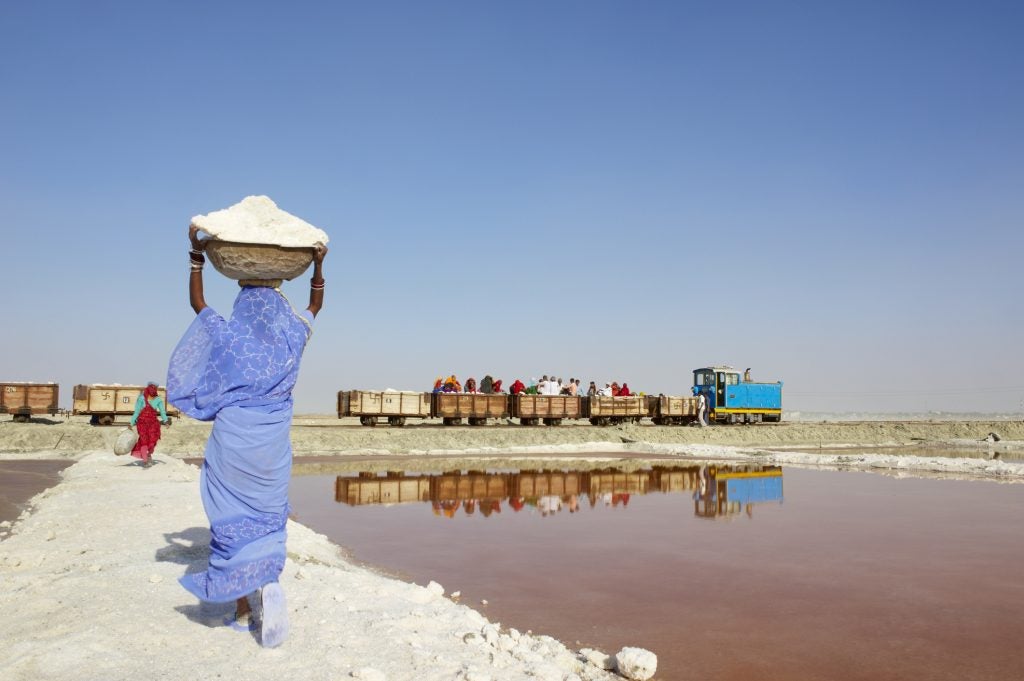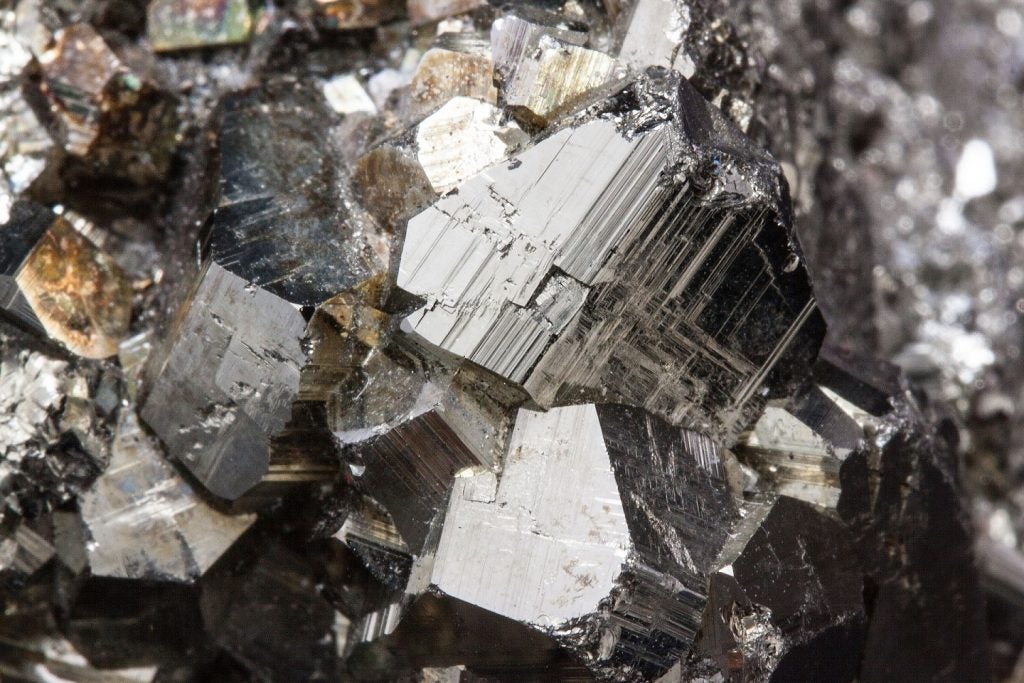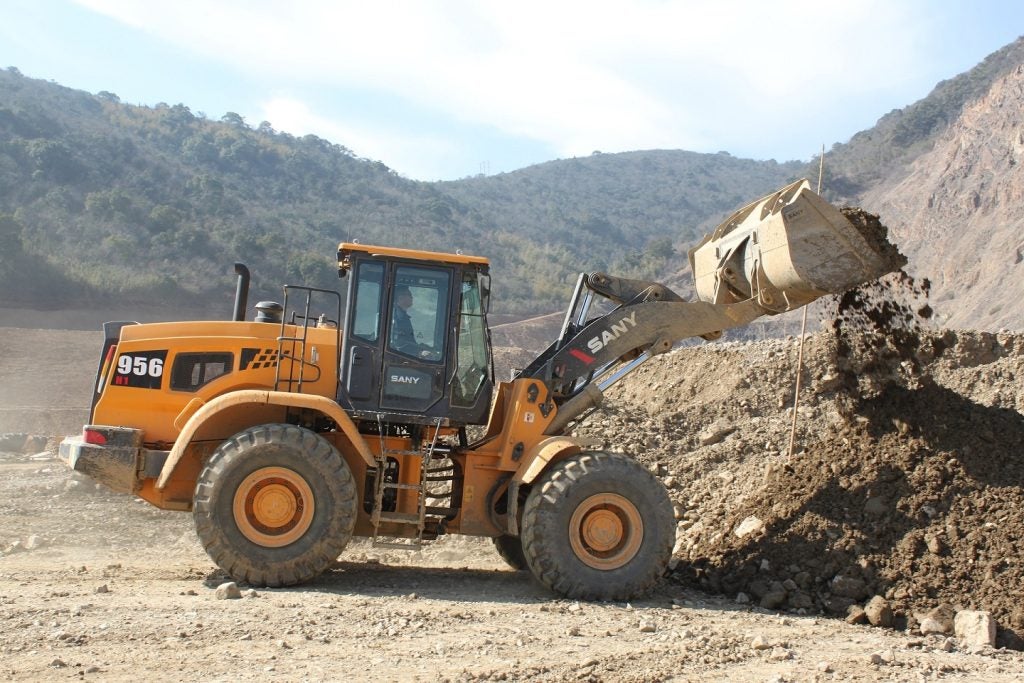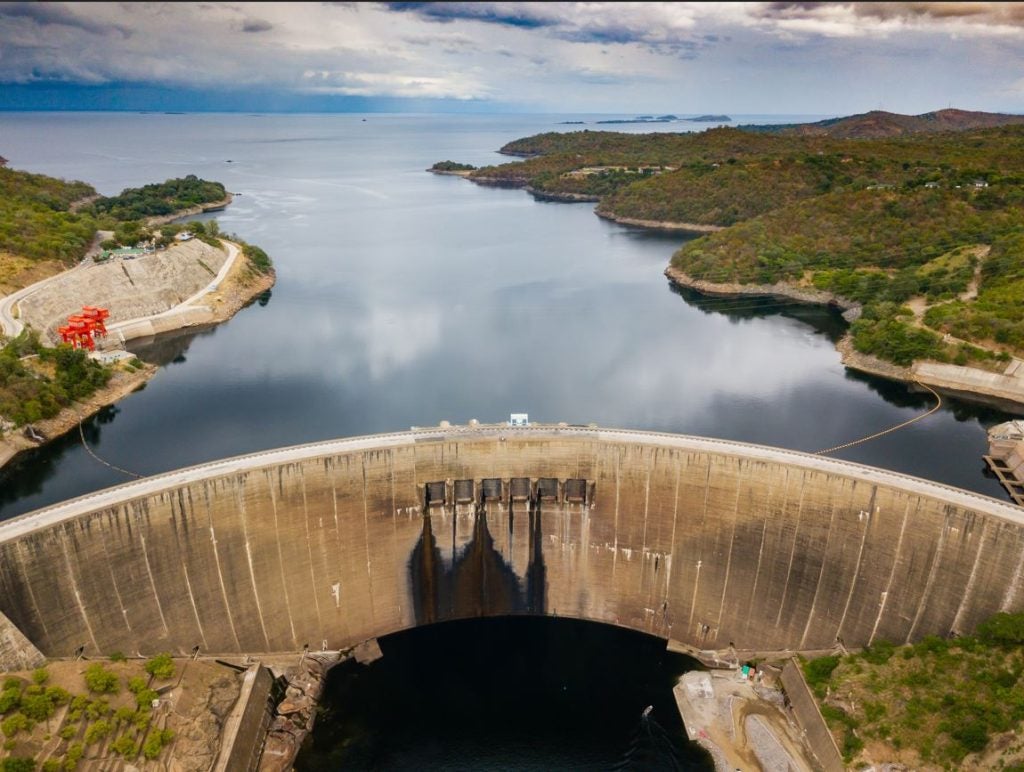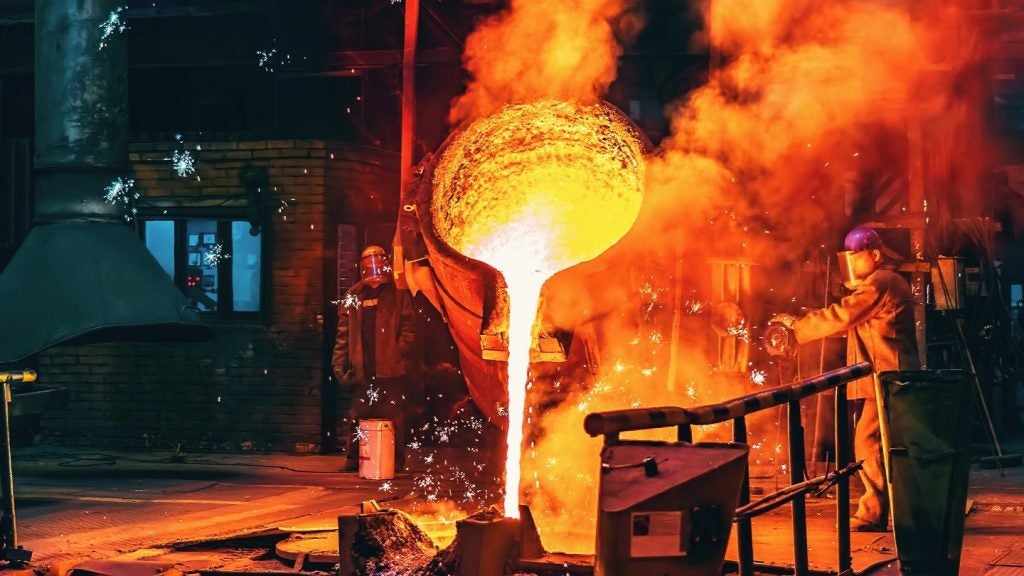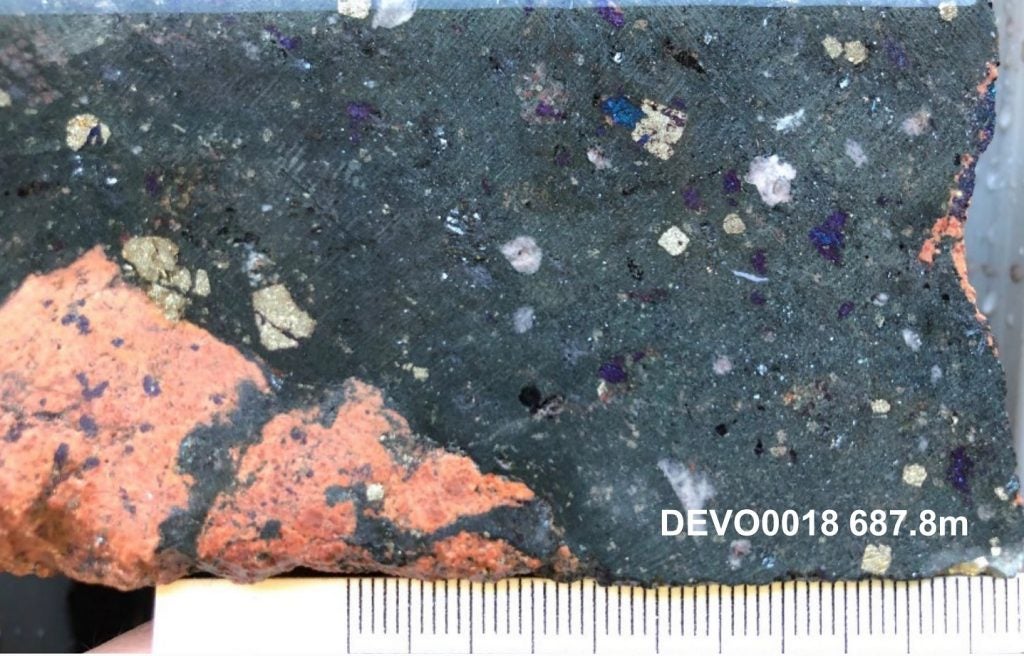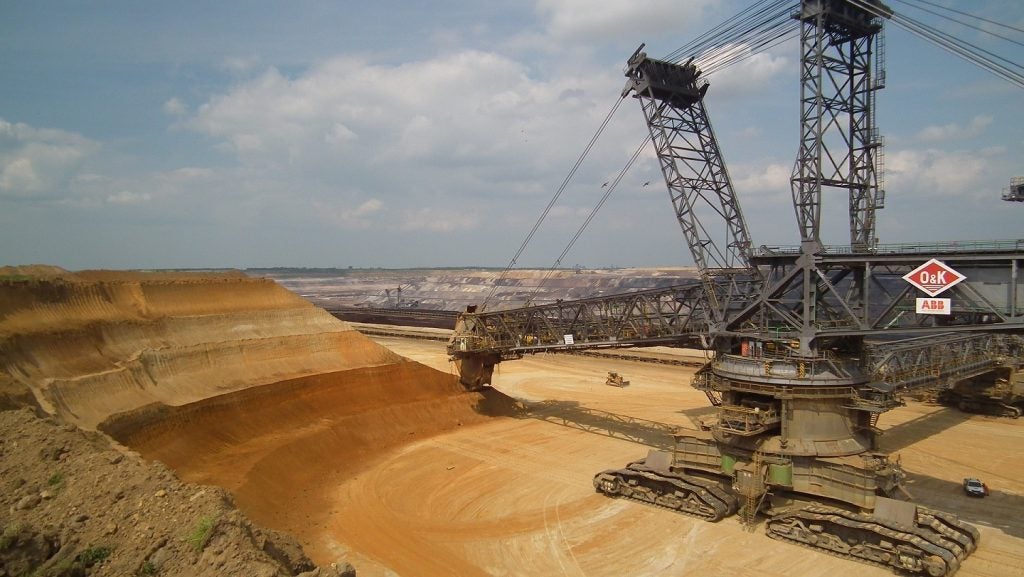The Indian Parliament passed a law on Wednesday allowing the government to auction and mine lithium reserves.
Previously, lithium, along with other minerals, was removed from the list of atomic minerals, preventing private companies from bidding in an auction. The legislation permits the government to auction and mine the reserves of these minerals, marking a key intervention in meeting the rising demand for raw materials for electric vehicles.
In February this year, 5.9 million tonnes of lithium reserves were found for the first time in India’s Jammu and Kashmir region. The private sector can now participate in exploration and mining, which is expected to be a “force multiplier”, according to a government statement.
“There is a need to vigorously increase exploration and production of the minerals proposed to be removed from the list of atomic minerals to meet the growing demands of the country,” the statement added.
Under the new law, other minerals now open for mining and auction include beryl, titanium, niobium and zirconium.
The law empowers the central government to exclusively auction mining leases and composite licences for certain critical and deep-seated minerals.
Deep-seated minerals include cobalt, copper, diamonds, gold, lead, nickel, the platinum group of minerals, silver and zinc. Exploration and mining of these minerals are more expensive when compared with surficial or bulk minerals.
The Union Minister for Coal and Mines, Pralhad Joshi, said that 95 of the “most precious” minerals are found in India, but the country is still importing these.
However, since the lithium deposits were first found, residents in Jammu have expressed their reservations over large-scale extraction. These residents, whose key source of income and livelihood is agriculture, say that mining would result in exploitation and loss of land.
The Reasi district, where the lithium reserves were found, is a hill district with a fragile ecology. Marked with deep gorges, ravines and variable climatic conditions, environmental experts say that any impact on the environment in the Reasi district can disturb the ecology of all its neighbouring areas.


